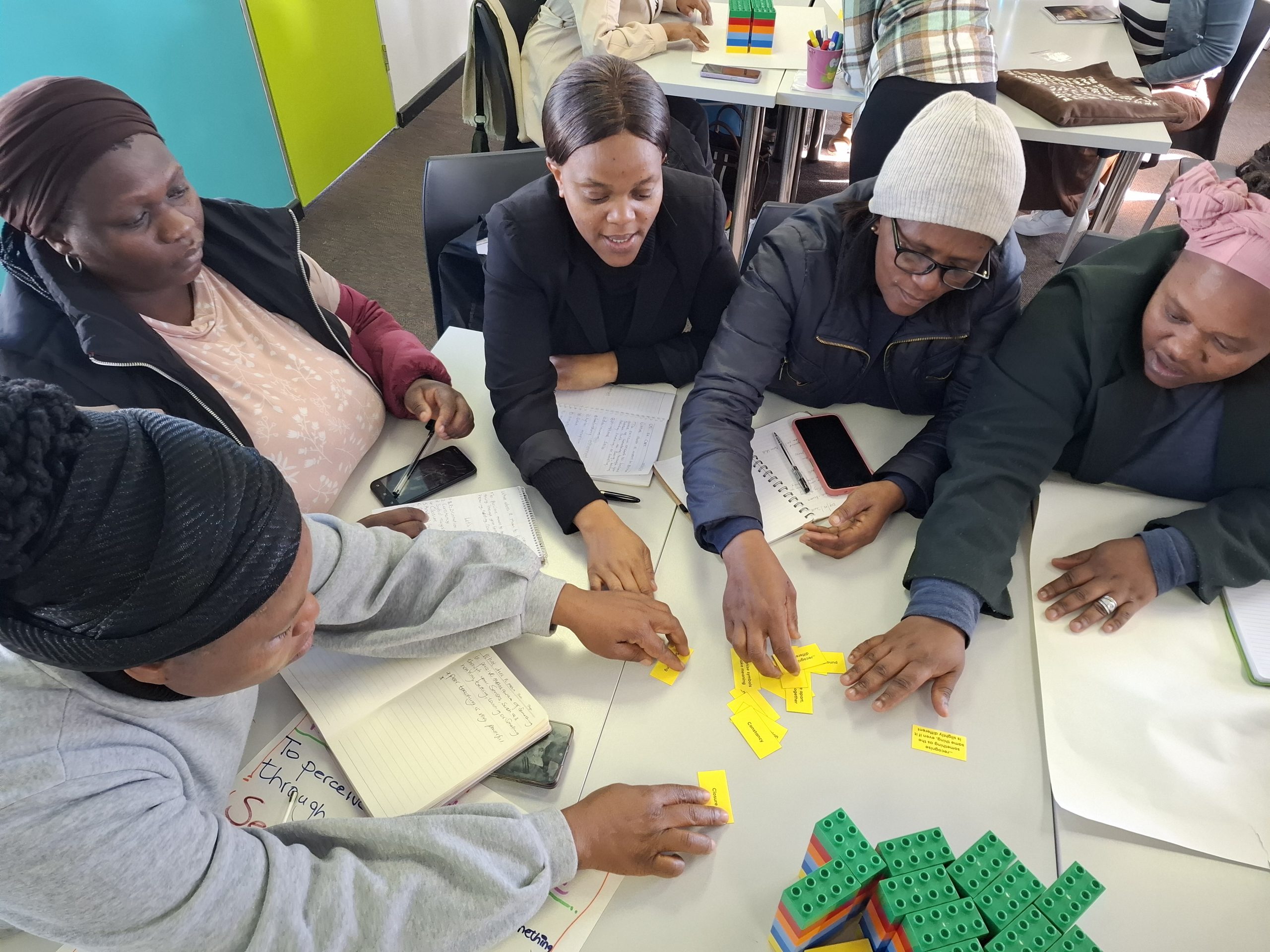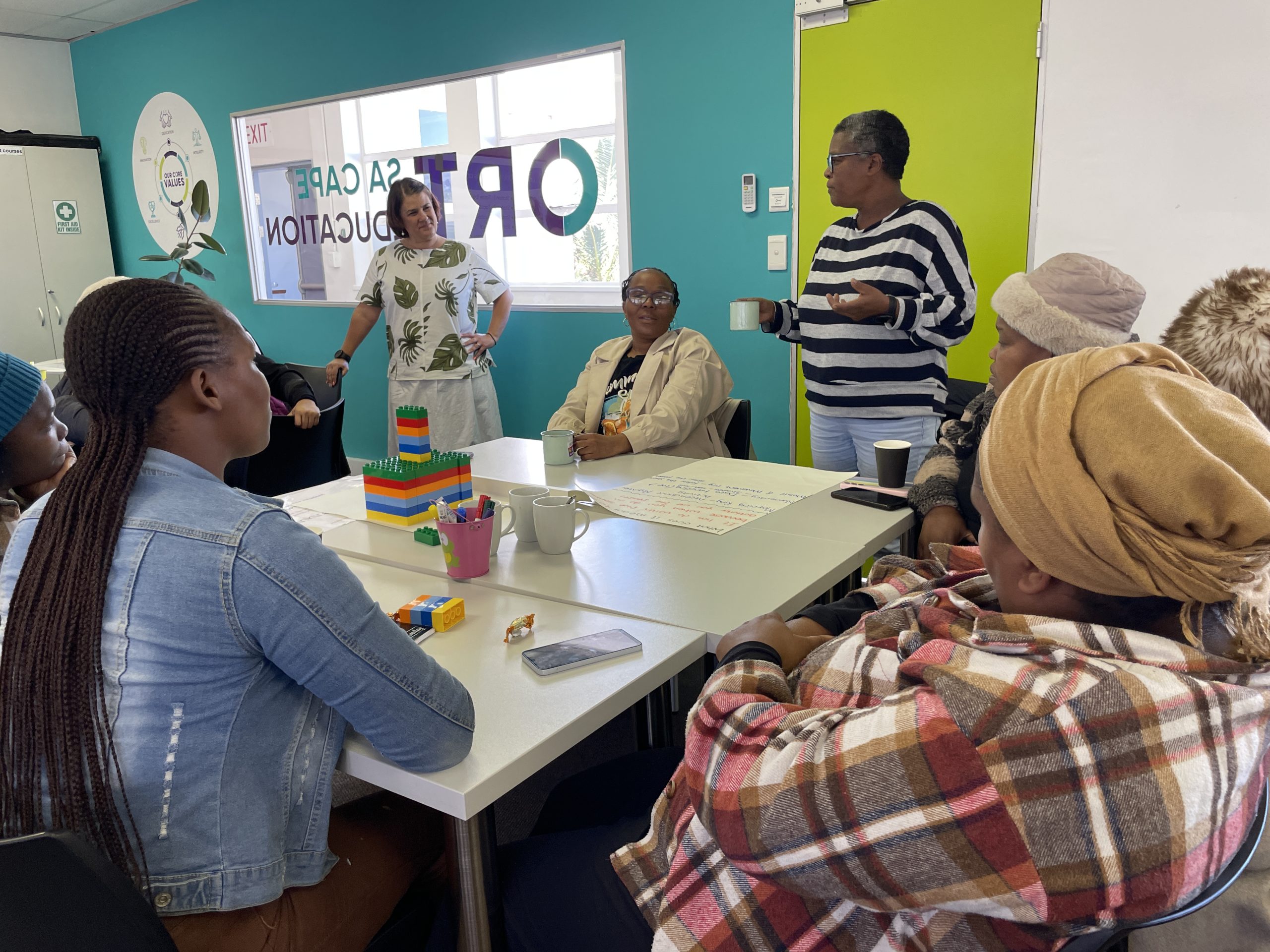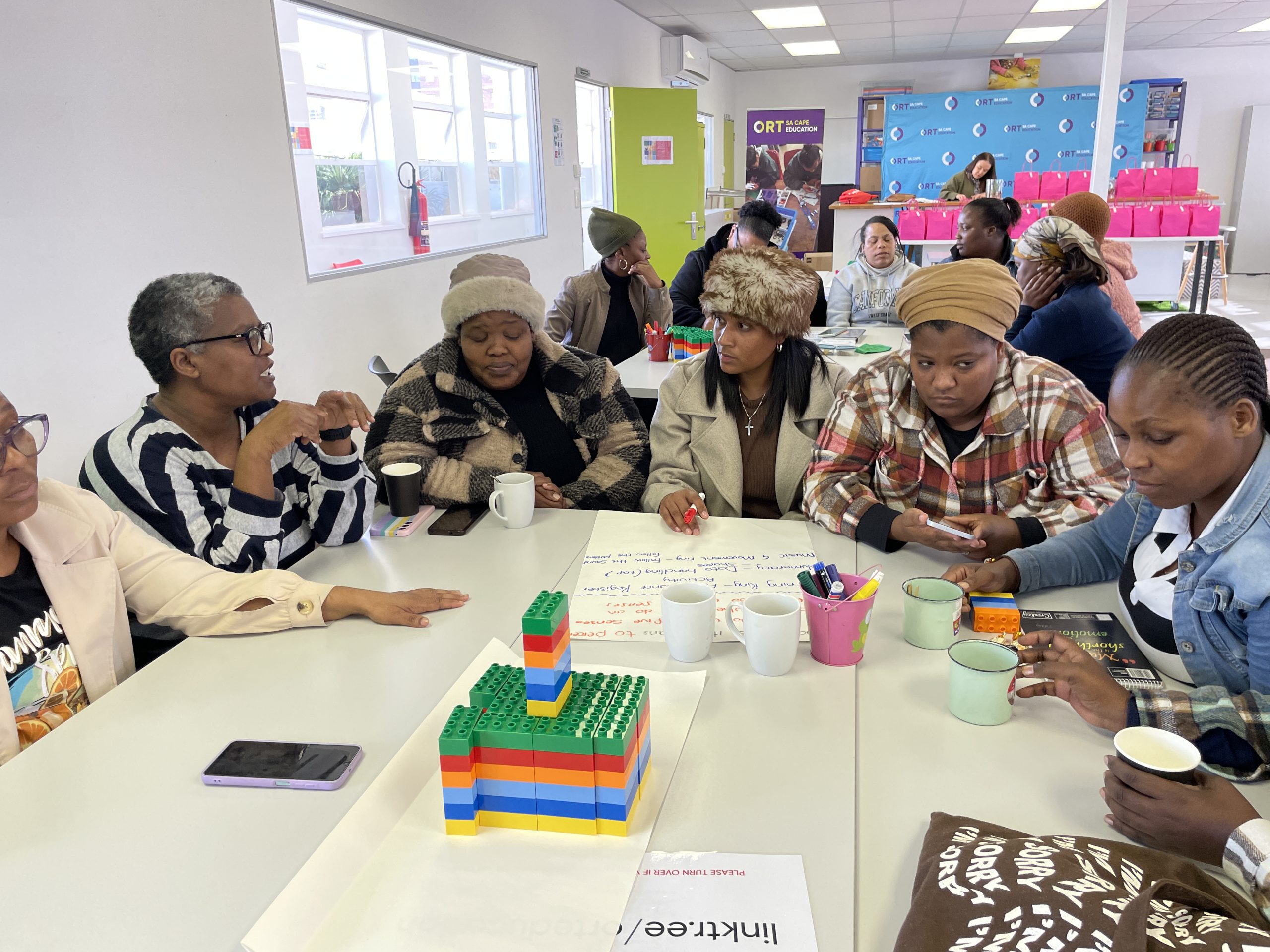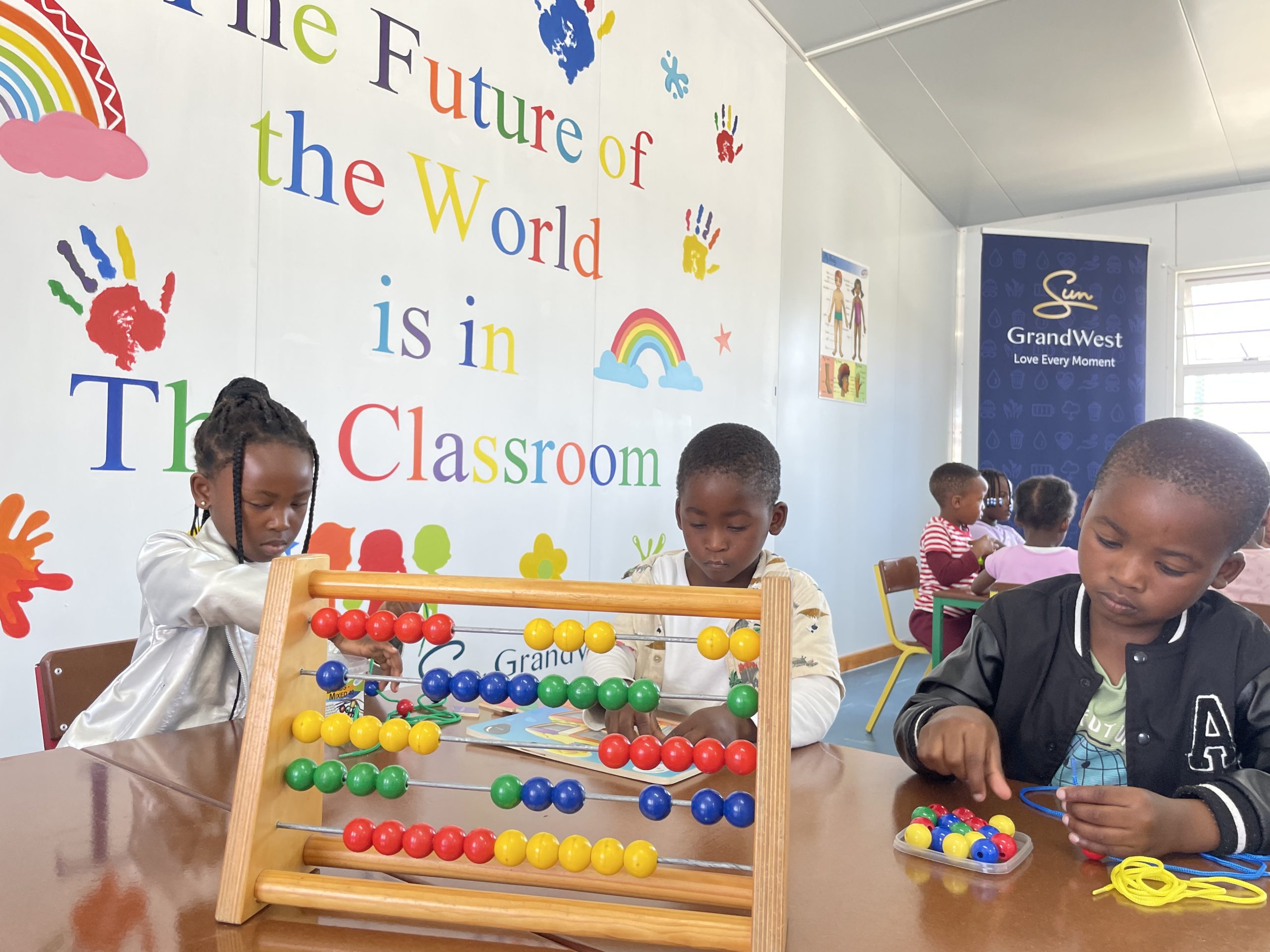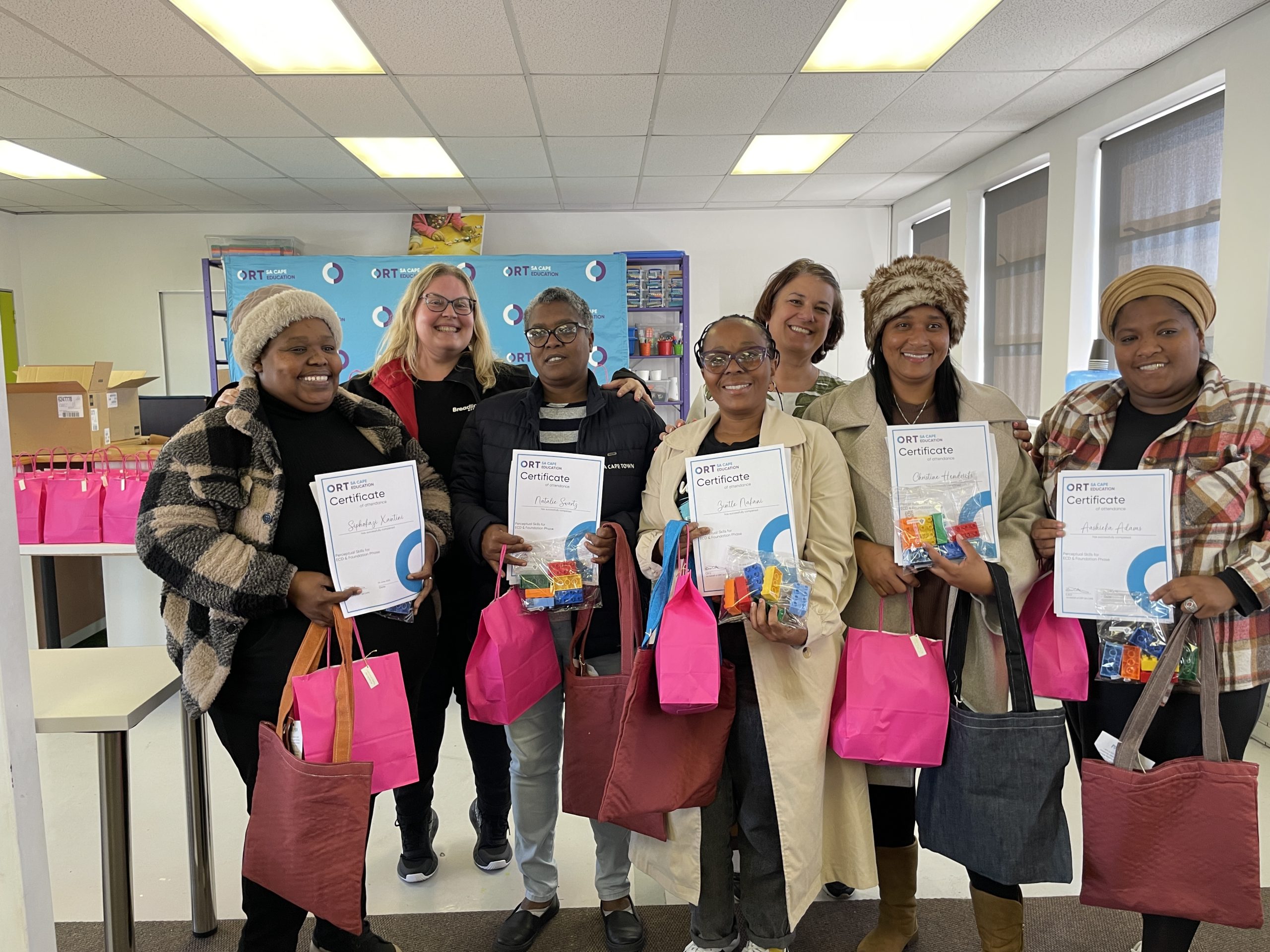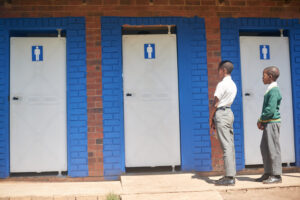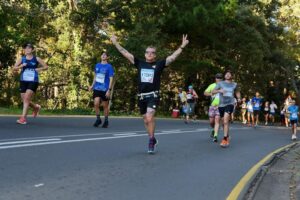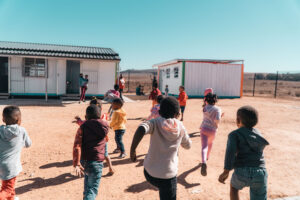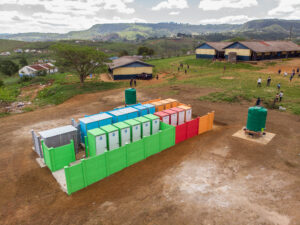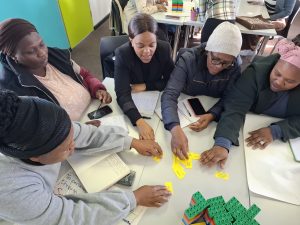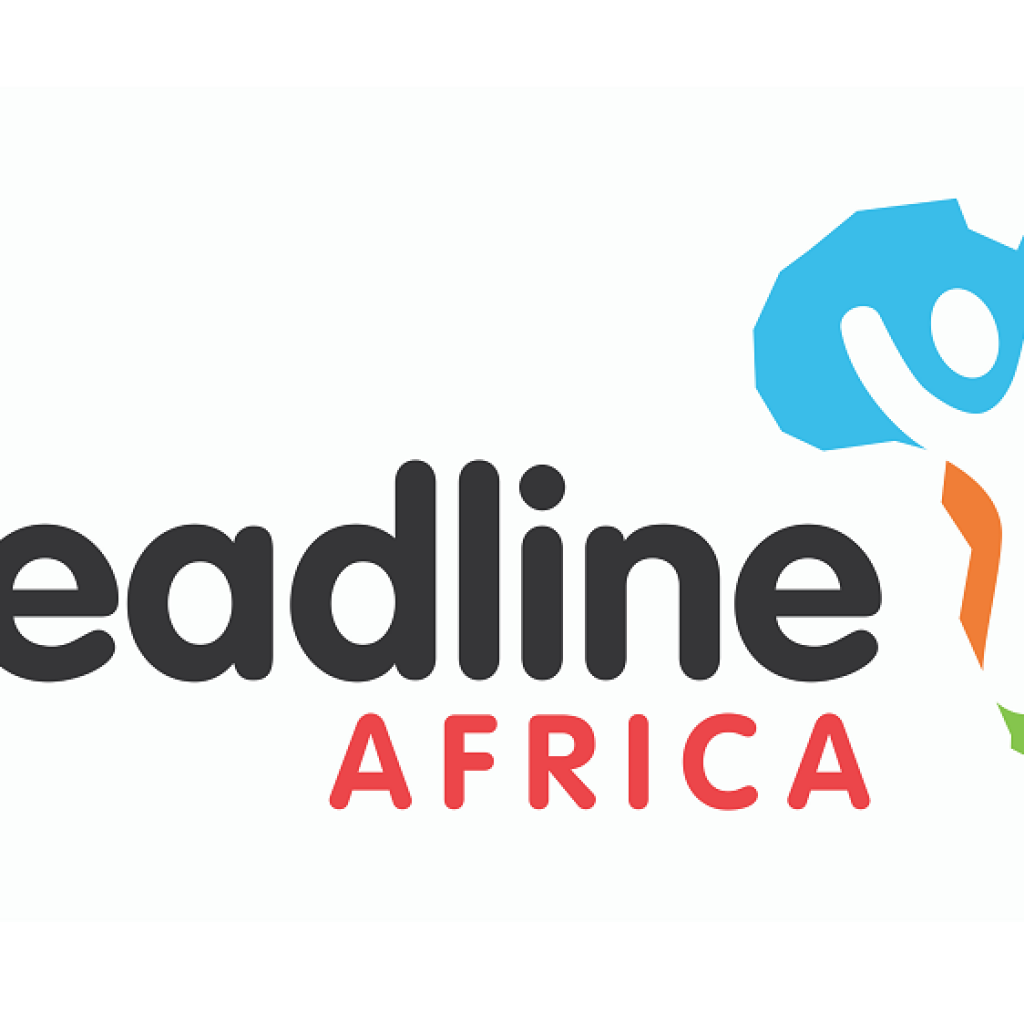There is something powerful about organisations coming together with a shared goal. Recently, 50 Early Childhood Development (ECD) practitioners from 20 educare centres across some of Cape Town’s toughest communities came together for a transformative perceptual skills training workshop.
Supporting communities where help is needed most
These centres, in places like Khayelitsha, Makhaza, Delft, Vrygrond, Seawinds, Capricorn, Lavender Hill, Overcome Heights and Kraaifontein, are often the only safe, welcoming places for little children to learn and grow. The people running these centres are real heroes, showing up every day to give children the best start they can, often with limited resources and against tough odds.
This is so important because recent Early Learning Outcomes Measure (ELOM) data shows that less than half of South African children aged 4 to 5 in early learning programmes are on track developmentally. More than half are falling behind in key areas like literacy, numeracy and fine motor skills. Boys especially are struggling; only 41% are on track compared to more than 50% of girls. These sobering statistics really show how much the support of well-trained teachers matters.
Practical training that makes a difference in the classroom
The perceptual skills training gave teachers simple, fun ways to help kids build important skills that will help them understand and learn better. It wasn’t just about theory, it was hands-on, practical learning they could take straight back to their classrooms.
This workshop built on the Play Lego training hosted by Breadline Africa August 2024, helping teachers feel more confident and better equipped to support children who struggle with learning.
Building skills through play and everyday activities
During the workshop, teachers learned how to strengthen children’s thinking, language and fine motor skills through everyday activities and play. For many, it was a boost of confidence and a reminder of why their work matters so deeply.
This connects directly to what the ELOM data reveals: across all sites, children are struggling with fine motor skills:
- Bethlem Care Centre (Northern Cape) – 48% are struggling, 29% falling behind and 24% are on track
- Western Cape sites – 59% struggling, 35% at risk and only 5% on track
- Limpopo sites – 85% are struggling, 8% are at risk and 8% are on track
- Gauteng sites – 52% are struggling, 21% are at risk and only 28% are on track
Workshops like this help fill those gaps.
One teacher told us, “This training gave me new ways to connect with my children in the classroom. I feel more prepared to help them grow, step by step.” Another said, “The training gave me tools to create activities that really focus on what each child needs.”
A team effort with amazing partners
This wouldn’t have been possible without a fantastic group of partners, Kolisi Foundation, ORT SA Cape Education and Breadline Africa, all working together with one goal: to help teachers give children the best possible start.
The workshop was also an opportunity for these practitioners to connect, share ideas and know they are not alone in this important work.
Supporting the whole community, one step at a time
Each practitioner also received a Power2You pack, thanks to the Kolisi Foundation and Mosaic. These packs provide vital support in the fight against gender-based violence and are made by survivors learning new skills, a reminder that empowering one group can uplift many.
Next steps – keeping the momentum going
At Breadline Africa, we believe that when people who care for the country’s youngest children are supported, entire communities are uplifted.
However, the LPQA (Learning Programme Quality Assessment) highlights, that many ECD programmes lack basic early learning materials, outdoor play areas and qualified staff:
- In the Western Cape, one centre scored just 29% on overall programme quality.
- Nationally, access to books and literacy materials is still a challenge, as is outdoor equipment that supports gross motor development.
- Although some teachers hold a Level 4 or higher qualifications, others still need training and mentoring
A big thank you to the partners, facilitators, practitioners and the Development Bank of Southern Africa for making this possible. Together, we are planting seeds of change, helping one little learner at a time and growing impact that will last for generations.
Want to understand more about the state of early learning in South Africa?
Take a deeper look at the data that is shaping this work. Read the full ELOM report to see where support is most needed, and how we can all help change the future for young children.
Read the full report :

